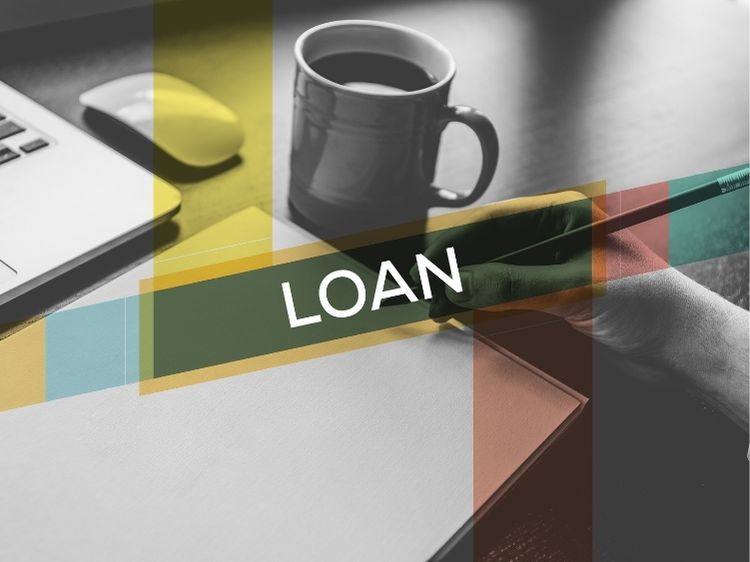What Are Home Equity Loan Rates?
Ever wondered how you can make your home work for you financially? With a home equity loan, you can tap into the value of your home, and home equity loan rates determine how much that will cost. Think of it as borrowing against your home’s value. But here’s the twist: because your home serves as collateral, the interest rates are often much lower than other loan types. This makes home equity loans an attractive option for big expenses, like home renovations or consolidating high-interest debt.
If you’re considering this path, understanding how home equity loan rates are set, what impacts them, and how to secure the best rate possible is essential. So, let’s get into the nitty-gritty of home equity loan rates and what you need to know to make the best choice for your situation.
Understanding Home Equity Loan Rates
What Are Home Equity Loan Rates?
Home equity loan rates are the interest rates charged on loans taken against your home’s equity. Since these loans are secured by your property, the rates are generally lower than unsecured loans, such as credit cards. This makes home equity loans a favored option for homeowners looking for substantial funds at affordable rates. Here’s the deal, though: the exact rate you’ll get can vary widely based on factors like your credit score, loan term, and overall market conditions.
Fixed vs. Variable Rates
When it comes to home equity loans, you typically have two main options:
- Fixed-Rate Home Equity Loans
With a fixed-rate loan, the interest rate remains constant over the life of the loan. It’s a predictable, stable option, ideal if you prefer knowing exactly what your monthly payment will be. - Variable-Rate Home Equity Lines of Credit (HELOCs)
Unlike fixed-rate loans, HELOCs come with variable rates that fluctuate based on market conditions. They’re more flexible, allowing you to borrow funds as needed, but they can also be unpredictable as rates might rise.
Factors That Influence Home Equity Loan Rates
1. Credit Score
Your credit score plays a major role in determining your home equity loan rate. Generally, higher credit scores earn lower rates because lenders see you as a lower-risk borrower. If your score is on the lower side, you may still qualify, but expect to pay a higher rate.
2. Loan-to-Value (LTV) Ratio
The loan-to-value ratio is essentially how much equity you’re looking to borrow relative to your home’s total value. A lower LTV ratio often leads to better rates because it shows the lender you’re not borrowing up to the max, reducing their risk.
3. Loan Term
How long you plan to take to repay the loan also affects the rate. Typically, shorter loan terms come with lower rates because the lender is exposed to less long-term risk.
4. Market Interest Rates
Market conditions, especially the prime rate set by the Federal Reserve, heavily impact home equity loan rates. When general interest rates are low, home equity rates often follow suit, making it a favorable time for borrowers.
How to Get the Best Home Equity Loan Rates
1. Shop Around and Compare Offers
Different lenders have different criteria, so shopping around can reveal the best offers. Start with your primary bank, then compare with credit unions, online lenders, and other banks to find the most competitive rate.
2. Improve Your Credit Score
Improving your credit score before applying can result in a more favorable rate. Pay down existing debts, avoid opening new accounts, and address any errors on your credit report to boost your score.
3. Choose a Shorter Loan Term
Opting for a shorter repayment period can reduce your rate, though it may mean higher monthly payments. However, if lower interest costs are your priority, this can be a smart move.
4. Borrow Less Than the Maximum
While it can be tempting to max out your borrowing limit, keeping your LTV ratio low may earn you a better rate.
Pros and Cons of Home Equity Loans
Pros
- Lower Interest Rates: Home equity loans typically come with lower rates compared to personal loans or credit cards.
- Fixed Payments: With a fixed-rate loan, you’ll have predictable payments.
- Access to Significant Funds: Because it’s secured by your home, you can access large sums.
Cons
- Risk of Foreclosure: If you fail to repay, you risk losing your home.
- Closing Costs: Similar to a mortgage, home equity loans may involve fees and closing costs.
- Variable Rate Risk with HELOCs: If you opt for a HELOC, be aware that rates can increase over time.
FAQs on Home Equity Loan Rates
What’s the Difference Between a Home Equity Loan and a HELOC?
A home equity loan provides a lump sum with a fixed rate, while a HELOC is more like a credit line, offering flexibility with a variable rate.
Are Home Equity Loan Rates Fixed or Variable?
Home equity loans are typically fixed-rate, whereas HELOCs usually come with variable rates that change with the market.
How Can I Find the Best Home Equity Loan Rate?
To find the best rate, compare multiple lenders, improve your credit score, and consider a shorter loan term.
Can I Deduct Interest on a Home Equity Loan?
Interest on home equity loans may be deductible if the funds are used to improve your home. Check with a tax professional for current IRS rules.
How Much Can I Borrow with a Home Equity Loan?
The amount depends on your home’s value, current mortgage balance, and your lender’s guidelines, but typically up to 85% of your home’s equity.
Final Thoughts: Is a Home Equity Loan Right for You?
Home equity loans offer a way to tap into your property’s value, potentially funding home improvements, debt consolidation, or large purchases at a lower interest rate than many other options. However, consider the risks and make sure you’re financially stable to handle repayments, as your home serves as collateral.
Authoritative Links
- Federal Reserve on interest rates: https://www.federalreserve.gov
- Consumer Financial Protection Bureau on home equity loans: https://www.consumerfinance.gov
- IRS rules on deducting home equity loan interest: https://www.irs.gov



